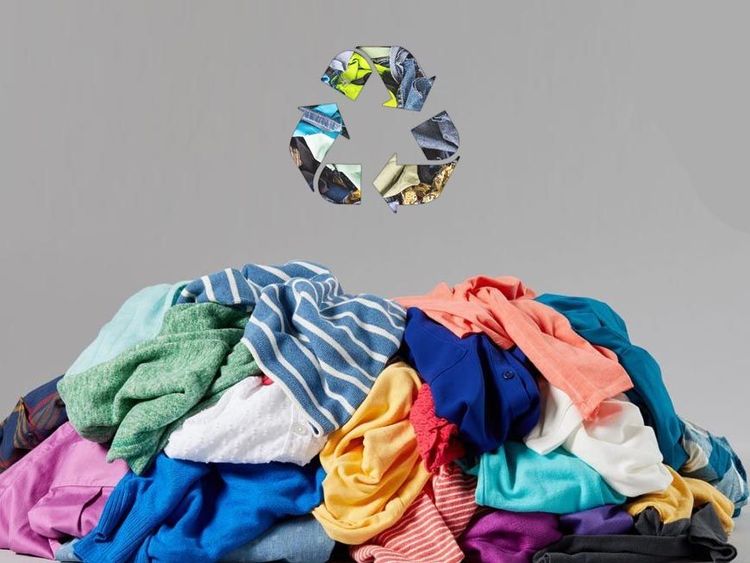The Better Cotton Initiative (BCI) has been restricted only to Brazil, India, Pakistan and Mali. This year BCI gained the adhesion of producers from China, Turkey and Mozambique and, by 2015, the United States and Australia will also join the group. The movement establishes cotton cultivation with less environmental impact as well as more financial and social gains for the producer. BCI began only three years ago and so far it has had a three per cent share in the total production of sustainable cotton. In the next two years, BCI cotton is expected to reach 2.6 million tons produced by one million licensed producers. By 2020, the goal is to reach 30 per cent of the global cotton production, which would involve five million producers and potentially benefit 20 million people.
BCI’s expansion strategy for 2013 to 2015 builds not only on the entry of more producers, but also on expanding industry and retailer membership, thus improving the whole chain. The idea is that BCI should be the mainstream cotton, instead of operating in a niche market targeting consumers aware of sustainability issues. BCI determines that farmers use less water and pesticides, and respect crop rotation to improve soil fertility. Unlike other sustainability certification stamps, BCI declares itself technologically neutral – in other words, genetically modified cotton crops are accepted.
In India the use of pesticides has fallen 40 per cent, the use of water has fallen 20 per cent and productivity has increased 20 per cent, according to BCI.












